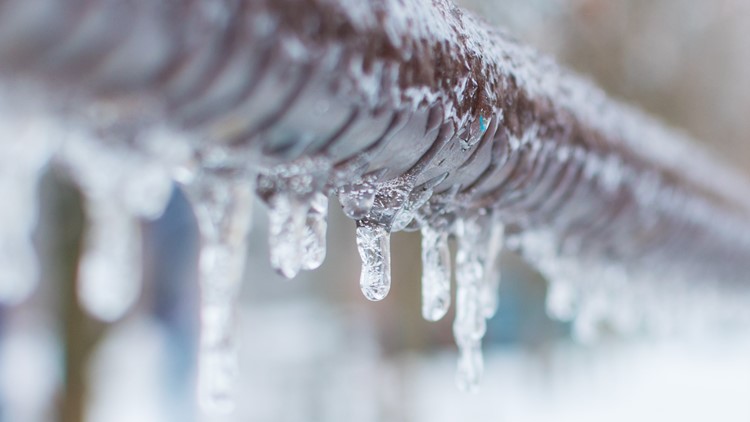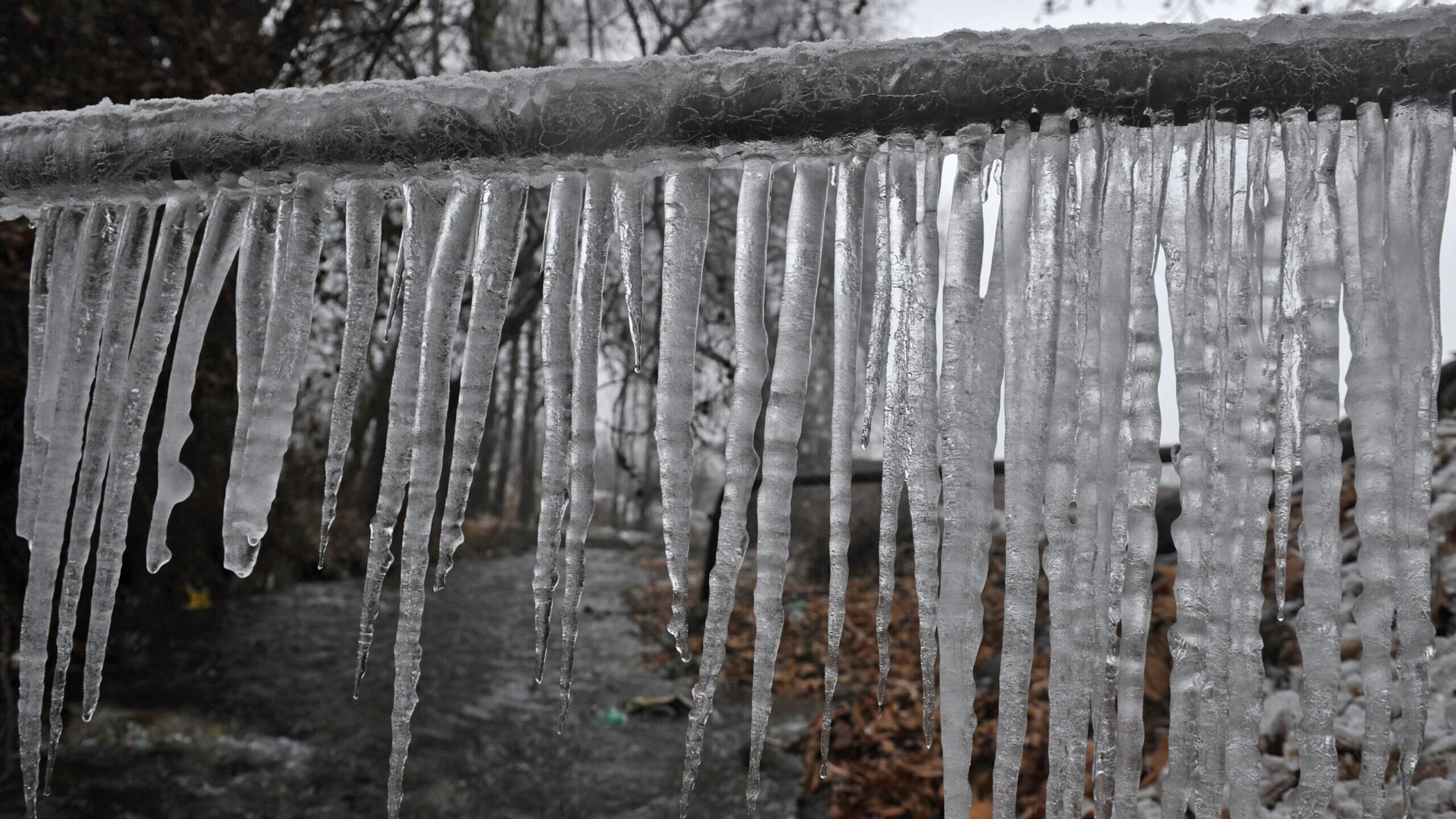Avoid Frozen Plumbing in Cold Weather: Expert Advice
Avoid Frozen Plumbing in Cold Weather: Expert Advice
Blog Article
What are your opinions concerning How To Avoid Freezing Pipes?

Cold weather can wreak havoc on your plumbing, especially by freezing pipes. Right here's exactly how to prevent it from happening and what to do if it does.
Intro
As temperature levels drop, the risk of icy pipes boosts, possibly resulting in costly fixings and water damage. Recognizing how to prevent icy pipelines is essential for homeowners in chilly environments.
Recognizing Icy Pipes
What causes pipes to freeze?
Pipelines ice up when revealed to temperatures listed below 32 ° F (0 ° C) for expanded durations. As water inside the pipes freezes, it expands, taxing the pipeline wall surfaces and possibly creating them to rupture.
Threats and problems
Icy pipelines can cause water interruptions, residential property damage, and pricey repair services. Ruptured pipes can flooding homes and trigger considerable architectural damages.
Signs of Frozen Piping
Identifying icy pipes early can stop them from rupturing.
Exactly how to identify icy pipelines
Search for lowered water flow from taps, uncommon odors or sounds from pipes, and visible frost on exposed pipes.
Prevention Tips
Shielding susceptible pipelines
Wrap pipes in insulation sleeves or make use of heat tape to protect them from freezing temperature levels. Concentrate on pipes in unheated or outside areas of the home.
Home heating methods
Keep interior areas properly warmed, particularly locations with plumbing. Open cupboard doors to enable warm air to distribute around pipelines under sinks.
Protecting Exterior Pipes
Yard pipes and exterior taps
Separate and drain pipes yard pipes before winter season. Set up frost-proof spigots or cover exterior faucets with insulated caps.
What to Do If Your Pipelines Freeze
Immediate actions to take
If you suspect icy pipes, maintain faucets open up to soothe stress as the ice thaws. Utilize a hairdryer or towels soaked in hot water to thaw pipes gradually.
Long-Term Solutions
Structural changes
Think about rerouting pipelines far from outside walls or unheated locations. Include extra insulation to attic rooms, basements, and crawl spaces.
Upgrading insulation
Buy top notch insulation for pipes, attics, and walls. Appropriate insulation aids maintain constant temperatures and minimizes the threat of frozen pipes.
Conclusion
Avoiding frozen pipelines calls for positive measures and fast feedbacks. By recognizing the causes, indicators, and safety nets, house owners can protect their pipes during cold weather.
Helpful Tips to Prevent Frozen Pipes this Winter
UNDERSTANDING THE BASICS: WHY PIPES FREEZE AND WHY IT’S A PROBLEM
Water freezing inside pipes is common during the winter months, but understanding why pipes freeze, and the potential problems it can cause is crucial in preventing such incidents. This section will delve into the basics of why pipes freeze and the associated problems that may arise.
THE SCIENCE BEHIND FROZEN PIPES
When water reaches freezing temperatures, it undergoes a physical transformation and solidifies into ice. This expansion of water as it freezes is the primary reason pipes can burst. As the water inside the pipe freezes, it expands, creating immense pressure on the walls. If the pressure becomes too great, the pipe can crack or rupture, leading to leaks and water damage.
FACTORS THAT CONTRIBUTE TO PIPE FREEZING
Low Temperatures: Extremely cold weather, especially below freezing, increases the risk of pipes freezing. Uninsulated or Poorly Insulated Pipes: Pipes located in unheated areas, such as basements, crawl spaces, or attics, are more prone to freezing. Insufficient insulation or lack of insulation altogether exacerbates the problem. Exterior Wall Exposure: Pipes running along exterior walls are susceptible to freezing as they encounter colder temperatures outside. Lack of Heating or Temperature Regulation: Inadequate heating or inconsistent temperature control in your home can contribute to frozen pipes. PROBLEMS CAUSED BY FROZEN PIPES
- Pipe Bursting: As mentioned earlier, the expansion of water as it freezes can cause pipes to burst, resulting in significant water damage.
- Water Damage: When pipes burst, it can lead to flooding and water damage to your property, including walls, ceilings, flooring, and personal belongings.
- Structural Damage: Prolonged exposure to water from burst pipes can compromise the structural integrity of your home, leading to costly repairs.
- Mold and Mildew Growth: Excess moisture from water damage can create a favorable environment for mold and mildew growth, posing health risks to occupants.
- Disrupted Water Supply: Frozen pipes can also result in a complete or partial loss of water supply until the issue is resolved.
WHY CERTAIN PIPES ARE MORE PRONE TO FREEZING
- Location: Pipes located in unheated or poorly insulated areas, such as basements, crawl spaces, attics, or exterior walls, are at higher risk of freezing.
- Exterior Pipes: Outdoor pipes, such as those used for irrigation or exposed plumbing, are particularly vulnerable to freezing as they are directly exposed to the elements.
- Supply Lines: Pipes that carry water from the main water supply into your home, including the main water line, are critical to protect as freezing in these lines can affect your entire plumbing system.
- Underground Pipes: Pipes buried underground, such as those connected to sprinkler systems or outdoor faucets, can be susceptible to freezing if not properly insulated.
https://busybusy.com/blog/helpful-tips-to-prevent-frozen-pipes-this-winter/

I ran across that blog entry about Helpful Tips to Prevent Frozen Pipes this Winter while browsing on the internet. Please take a moment to promote this blog entry if you enjoyed reading it. Thank you for your time. Come back soon.
Book Now! Report this page